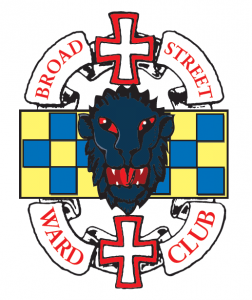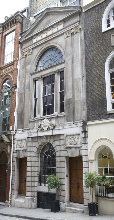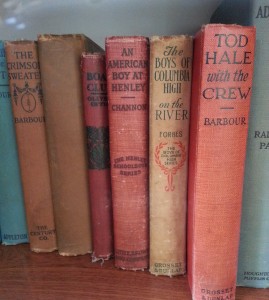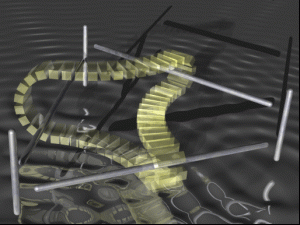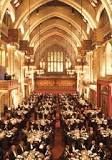Today’s Wardmote at Carpenters’ Hall was well attended and lasted 25 minutes. I hope to welcome any voters from 08:00 to 20:00 on Thursday, 4 July at Carpenters’ Hall.
I set out today’s speech and campaign pledge below:
After 29 years working in Broad Street Ward, it is with some humility that I stand before you today to ask for your vote for Alderman. I intend to say only a few words to avoid Soviet-era oratory. It was said that after one of his lengthy, repetitive speeches that Soviet leader Leonid Brezhnev confronted his speechwriter. “I asked for a 15 minute speech, but the one you gave me lasted an hour!” The speechwriter replied: “Comrade, it was 15 minutes, but I gave you four copies…”. You’ll be glad to hear I have a single copy.
You also have copies of my record and services to the City in print and media, so I thought I would touch on two things not in the record, my passion for the ward and what I hope to achieve if elected. My interest in Broad Street Ward dates back to 1984 when the Stock Exchange was still in the Ward and I began working on the computerisation of businesses here. Over the years I worked in various City firms from L Messel, the stockbrokers, to being one of the senior partners of Binder Hamlyn, the accountants, and back in the ward for a few years with Deutsche Morgan Grenfell before founding Z/Yen, widely recognised as the City of London’s leading think-tank and venture firm. In 2004, I became Chairman of the Broad Street Ward Club and increased the Club’s size markedly. I am passionate about this amazing heart of the City. I do not want to be AN Alderman, I would like to be THE Alderman of Broad Street Ward, and you are the people who will decide that.
What do I seek to do? Well, two things. First, from canvassing for this post I’ve learned that many businesses have closed or left the ward. Many electors have moved on or lost their jobs. We constantly need to find ways to increase the ward’s attractiveness to businesses and residents. There is a big desire among ward residents to explore ways of improving life in the ward. Imaginative thinking might do wonders with the pedestrian zone around Drapers Gardens, the opportunities of Crossrail, or the charm of Throgmorton Street. If elected, I would have six monthly informal meetings under the auspices of the Ward Club where businesses, residents and common councilmen can make strategic connections on these issues before planning begins. Toss ideas around once every six months over beer & peanuts or wine & olives.
Second, I want to work from within the City of London Corporation on improving the City’s attractiveness to business. We need to show that we are open to business and treat folks fairly in the City from wherever they hail, which has been my experience. London needs to continue to dominate my firm’s Global Financial Centres Index. This boils down to two tasks – providing local government that works for all, and lobbying central government for sensible policies that are friendly to any proper business.
Those are my two objectives – increase the ward’s attractiveness while ensuring that the City remains open for global business. They say that there is no difference between the Constitutions of the USA and Russia. Both guarantee freedom of speech. Perhaps, but the Constitution of the USA also guarantees freedom after the speech – and you’re now free of mine. But I do ask for your vote. Please vote for Michael Mainelli tomorrow. Thank you.

